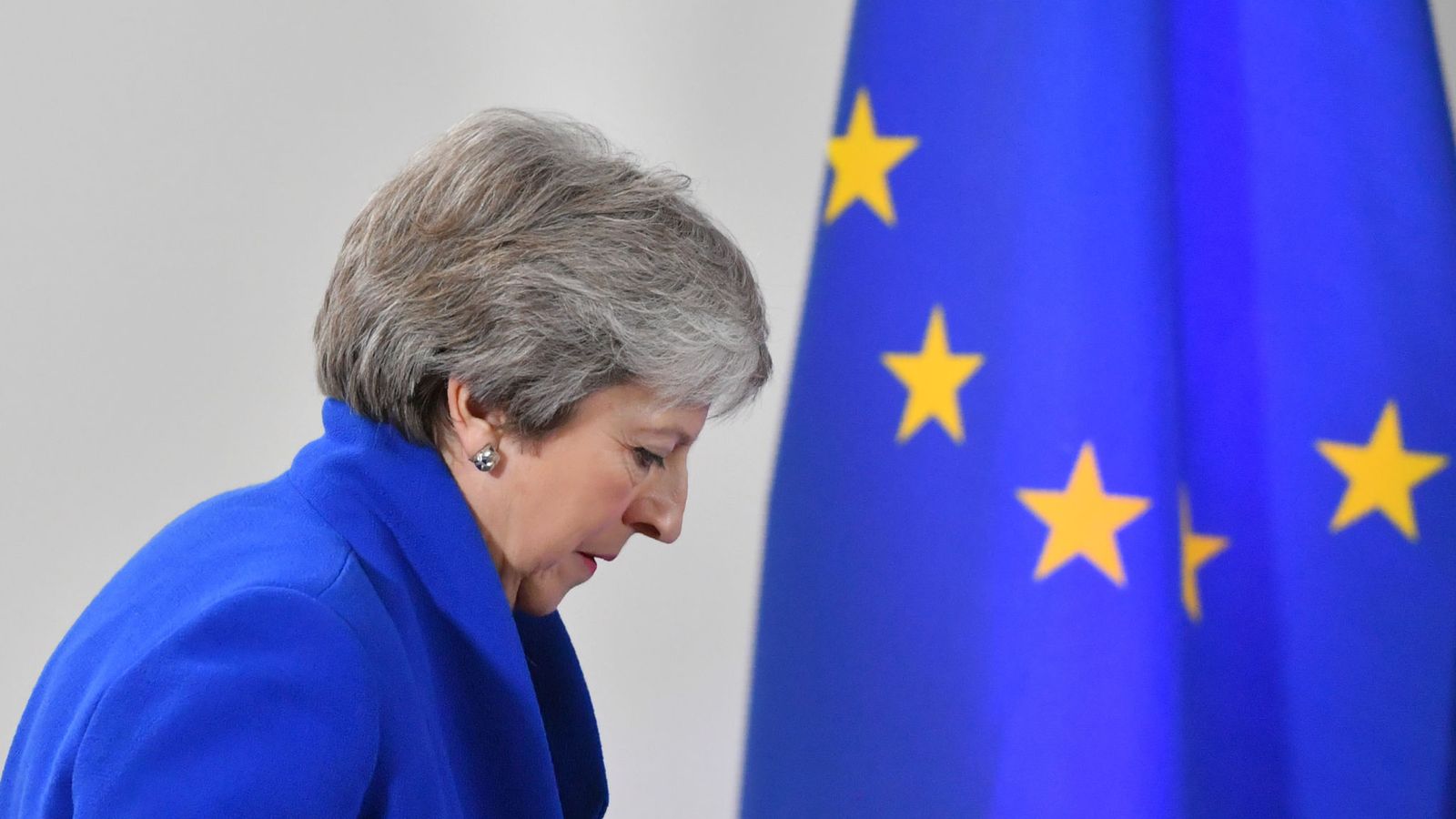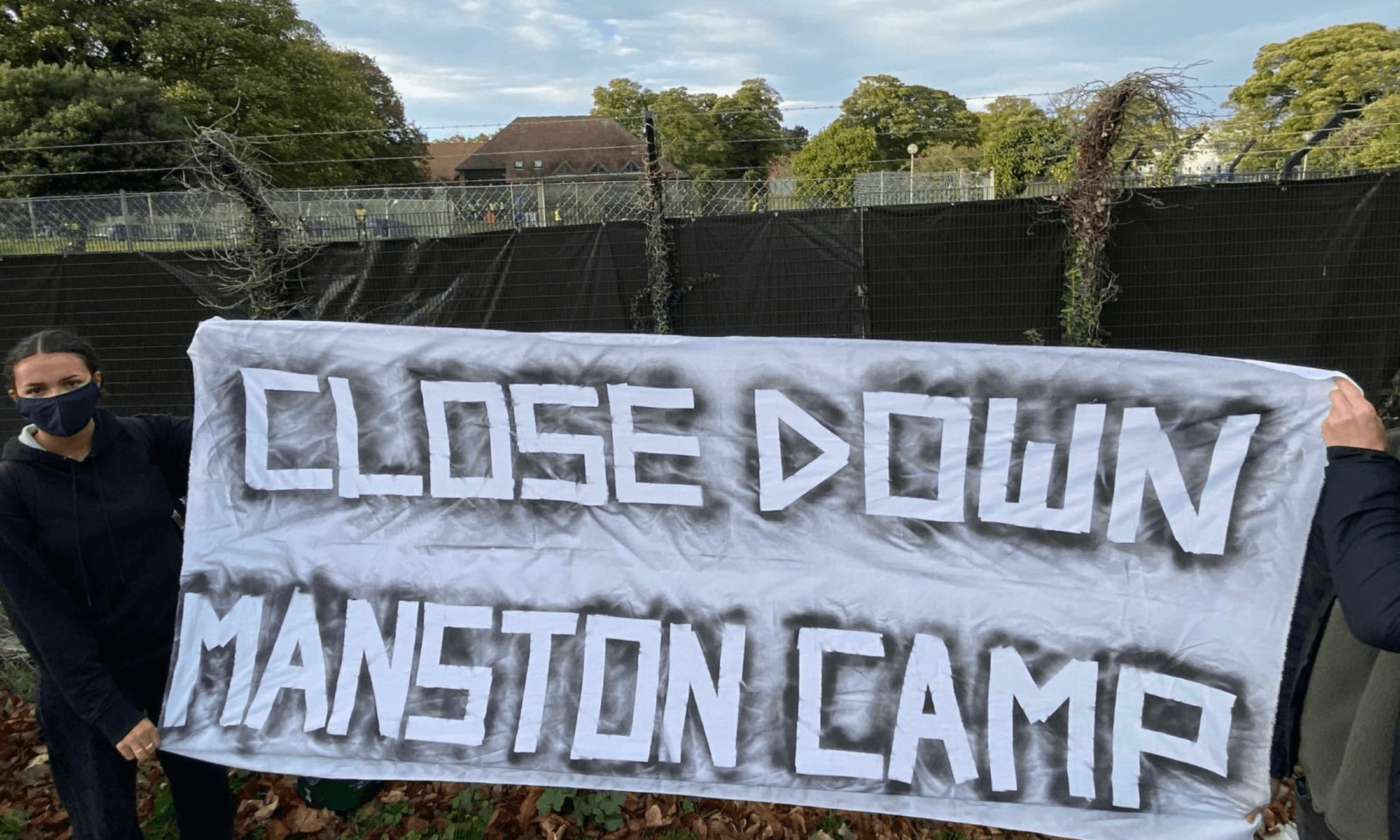
Why we will remember Theresa May as one of the worst prime ministers in British history
Micha Frazer-Carroll
24 May 2019
Photography by Tiocfaidh ár lá 1916 via Flickr
She’s handed in her notice – the gig is up. On 7 June Theresa May will step down as Tory party leader, with a gaggle of MPs and cabinet ministers happy to see her go.
Commentators have long speculated that Theresa May might not just be a bad politician, but in fact, the worst prime minister the country has ever seen. There’s a temptation to memorialise her as the MayBot, the One Who Danced or the Brexit One – but that would entirely fail to capture her appalling track record when it comes to the lives of marginalised people. After all, only 17% of her time in office saw MPs debating Brexit.
Theresa’s failures are vast and numerous, and they hit marginalised people the hardest. Here’s how we will remember her:
Race
• As Home Secretary, Theresa led the creation of the hostile environment policy, saying in 2012: “The aim is to create, here in Britain, a really hostile environment for illegal immigrants”.
• According to Theresa, one central tenet of the policy was to “deport first and hear appeals later”.
• As part of the policy, the government introduced the now-infamous “go home” vans. The vans, which were sent to tour areas with high immigrant populations, read: “Go home or face arrest”.
#TheresaTheAppeaser is the one who approved the ‘Go Home’ vans, why people expect her to disagree with #MuslimBan ? pic.twitter.com/Ec8PESVyMD
— Tal Ofer טל עופר تل عوفر (@TalOfer) 29 January 2017
• Notably, once becoming prime minister, Theresa May’s government was responsible for the Windrush scandal, which led to former commonwealth citizens being denied legal rights, detained and deported from the UK.
• During the scandal, it was revealed that the Home Office had set removal targets – despite Home Secretary Amber Rudd previously claiming there had been no targets. When the targets were revealed, Amber denied prior knowledge of their existence.
• This was later revealed by the Guardian to be untrue, when the paper published memos that demonstrated Amber had knowledge of a target figure of 12,800 enforced returns in 2017–18.
• Last month, the Guardian reported that many Windrush migrants’ cases are not entirely resolved, despite the promise that they would be addressed within two weeks of the scandal. It’s said that some of those affected are still in serious debt, struggling to open bank accounts and continue with their daily lives.
Grenfell
• When Grenfell Tower burned in 2017 and 72 people lost their lives, Theresa visited the site but did not meet the victims. She later said she regretted her immediate response.
• Concerns about the tower and cladding, which allowed the fire to spread rapidly, had been raised by residents for years.
• Survivors were widely dissatisfied with the conduct of the inquiry into the fire, with two calls to appoint an additional panel of members.
• Nabil Choucair, who lost his mother, sister, brother-in-law and their three children in the fire, described Theresa May’s eventual meeting with the families as a “total let down”. He said: “I’m really upset and disgusted with how she has handled it and dealt with it…It’s like we’re talking and it’s going in but then out the other ear.”
• The government admitted last month that some victims of the fire are still living in temporary accommodation.
Disability
• On her 2017 campaign trail, Theresa was confronted on benefits by a voter with learning disabilities, who explained “I can’t live on £100 a month”. Concerns were subsequently raised by disability charities including Mencap that the conversation revealed she was “unclear on the difference between a learning disability and mental health”.
• Theresa’s government saw a switch in disability benefits from the disability living allowance (DLA) to personal independence payment (PIP). The change led to over 160,000 disabled people losing their benefits.
• Her government also continued the rollout of universal credit, an overhaul to the benefits system that rolled six benefits into one monthly payment. Food banks have reported that demand for their services goes up significantly in areas where universal credit is introduced.
• One homeless shelter told the Observer that universal credit played a role in a third of cases that led people into their care.
• In January, it emerged that more than 17,000 people have died while waiting to hear whether their claim for disability benefit had been successful since 2013 – half of that time being under Theresa’s leadership.
• Since March 2018, waiting times for new claims have risen by a month.
• This year, Theresa left the disabilities minister role vacant for three weeks.
As leader
• At two years and 315 days, Theresa will become the British prime minister with the 5th shortest amount of time in office.
• After calling a snap general election in 2017, she ended up with fewer seats than the Tories had before the vote.
• Since then, Theresa has struggled with approval ratings, going on to be rated the most unpopular Conservative minister in history.
• Theresa failed to demonstrate strong or stable leadership when she reached deadlock in the house of commons, failing to establish a majority and seeing her Brexit deal rejected three times.
• In January this year, she saw the largest defeat in the commons for a sitting government in history – at 432 votes to 202.
• She has seen more resignations under her leadership than Tony Blair or Margaret Thatcher saw over 10 years.
*
There’s no doubt about it, when Theresa May leaves the Tory party, it will be a walk of shame.
Her time as prime minister is a disgrace for the history books – it has ruined lives and resulted in deaths. But one look at the candidates to replace her shows a worrying possibility: the outlook for the future may not be much better.









